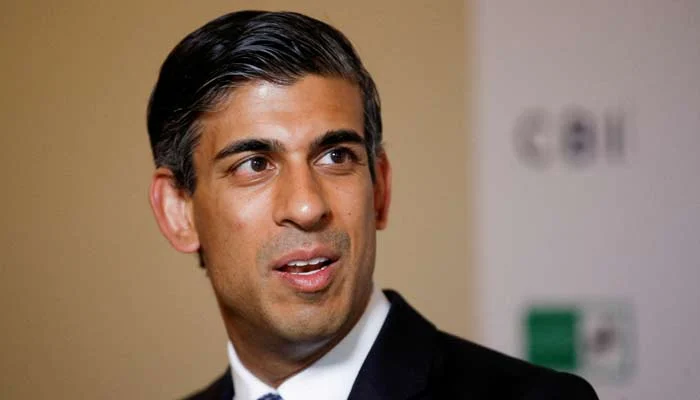In a significant policy move, Rishi Sunak, the Chancellor of the Exchequer in the United Kingdom, has announced stringent measures targeting migrant students. The decision, aimed at addressing immigration concerns and safeguarding the country’s interests, has stirred debate and elicited mixed reactions from various stakeholders. As the implications of these measures unfold, they are poised to have far-reaching consequences for migrant students, educational institutions, and the broader immigration landscape.
Background of the Policy Announcement:
The announcement by Rishi Sunak comes against the backdrop of growing concerns over immigration levels and their impact on the UK’s economy and society. Migrant students, particularly those enrolled in higher education institutions, have been a focal point of immigration debates, with questions raised about their contribution to the economy, integration, and compliance with visa regulations.
Table 1: Key Components of Rishi Sunak’s Measures
| Measure | Description |
|---|---|
| Visa Restrictions | Tightening of visa rules for international students. |
| Financial Checks | Stricter financial checks for visa applicants. |
| Post-Study Work Rights | Revision of post-study work visa regulations. |
| Sponsorship Requirements | Increased scrutiny of educational institutions sponsoring international students. |
Impact on Migrant Students:
Rishi Sunak’s measures are expected to have a significant impact on migrant students seeking to study in the UK. The tightening of visa rules and financial checks could pose challenges for prospective students, especially those from lower-income backgrounds. Additionally, changes to post-study work rights may affect the attractiveness of the UK as a destination for international students seeking career opportunities after graduation.
Table 2: Potential Impact on Migrant Students
| Impact | Description |
|---|---|
| Reduced Accessibility | Increased visa restrictions may limit access to education for migrant students. |
| Financial Burden | Stricter financial checks may impose additional financial burdens on students. |
| Career Opportunities | Changes to post-study work rights could affect career prospects for international graduates. |
| Educational Institutions | Educational institutions may face challenges in recruiting and retaining international students. |
Reactions and Controversy:
Rishi Sunak’s announcement has sparked controversy and drawn reactions from various quarters. While some view the measures as necessary steps to address immigration concerns and protect UK interests, others criticize them for potentially undermining the country’s reputation as a welcoming destination for international students. Educational institutions, advocacy groups, and students themselves have voiced concerns about the potential negative impact on diversity, innovation, and academic excellence.
Government Justifications:
The UK government has defended Rishi Sunak’s measures as part of its broader efforts to reform immigration policies and ensure the integrity of the visa system. Officials argue that stricter regulations are necessary to prevent abuse of the system, combat illegal immigration, and prioritize the interests of British citizens and residents. Additionally, policymakers highlight the need to maintain public confidence in the immigration system and address public concerns about the impact of immigration on jobs, public services, and social cohesion.
Table 3: Government Justifications for the Measures
| Justification | Description |
|---|---|
| Immigration Control | Measures aimed at controlling immigration levels and protecting national security. |
| Economic Impact | Efforts to safeguard job opportunities and resources for British citizens and residents. |
| Public Confidence | Actions taken to maintain public trust in the immigration system and address concerns. |
As Rishi Sunak’s measures against migrant students take effect, the debate over immigration policy in the UK intensifies. While the government seeks to address legitimate concerns about immigration and protect national interests, the measures raise questions about the impact on international students, educational institutions, and the UK’s reputation as a global hub for education and innovation. As policymakers, stakeholders, and the public grapple with these complex issues, the outcome will shape the future of immigration policy and international education in the UK for years to come.



